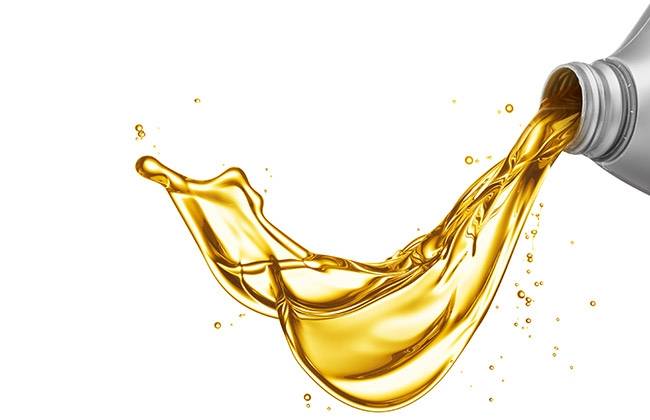Conventional vs Synthetic Oil
Modified On Oct 05, 2015 11:30 AM By CarDekho
- Write a comment
It has come to notice that each time you visit to get your vehicle’s oil changed to your trusted shop and the service attendant asks you-synthetic or regular? To answer this question you must know, what’s the real difference between synthetic and conventional oil?

Conventional motor oil (also referred to as standard oil or mineral-based oil), is a lubricant refined from naturally occurring crude oil whereas Synthetic lubricants as the name suggests are made from a number of different chemical bases. Some of the synthetic oil uses conventional oil as base that is chemically modified to produce certain division, while others may be artificially created from other raw materials.
Conventional oil has distinguished properties of high heat tolerance, stretched breakdown resistance, and balanced thickness and fluidity that engines require. Conventional oil is sufficient to get the everyday job done for most of the vehicles.
But the fact is Synthetic or “full synthetic” oil is specifically devised with properties that support highest level of lubrication in high and low temperatures for better overall engine protection and superior cleansing to keep your engine cleaner. This class of lubricants have relatively lower volatility and therefore not vaporize out the exhaust as quickly.

When everything has some pros they also have some cons. There are some service difficulties that are generally encountered while using mineral oils such as:Presence of Waxes that leads to poor lubrication at low temperature, poor oxidation stability at continuously high temperatures that results in sludge and acid buildup, excessive thinning of base oil gets at high temperature as its viscosity depends on temperature and restricted temperature limit above which it starts decomposing and begins to coke.
Even synthetic oil is not the perfect player. Some of the seals, metals, paints, coatings and plastics can have material compatibility issues with synthetics. And the most obvious concern is that synthetics generally cost more on a per-drum basis
Then, in what sense is one superior to other? There are no noticeable differences in vehicle performances, but the durability characteristic is really important from an owner’s perspective. More durability translates to less frequent oil changes compared to conventional motor oil.
Synthetic oil is thinner, resists temperature extremes better, lasts longer and is proved to produce less resistance in the engine thereby offering more horsepower.

Although recommended oil change intervals vary by vehicle manufacturer, in general, conventional motor oil is suggested to be changed every 3,000 to 5,000 miles. But the twist here is that Synthetic oil can last as much as three times longer than conventional oil. This means you could be disposing less oil per year. So how do you know if synthetic oil is right for you? If you prefer frequent oil change and your vehicle doesn’t already require synthetic oil, you may want to stick with conventional.
Studies show that the flash point for synthetics is always higher with reduced flammability increasing the safety. Gear wear is also an issue to be considered and no doubt synthetic lubricants make gears more efficient than mineral oils.
Now, the point comes which one is better for your vehicle? And the answer is - check your owner’s manual. It will definitely help you to figure out whether your vehicle requires synthetic oil as most of the newer vehicles require synthetic oil but older ones can do well with conventional oil. Also if your driving conditions are not ideal or you ride in stop and go traffic, short trips, or very cold or hot temperatures, moving up to synthetic oil might be the best case scenario.

Synthetic blend is a middle choice that mixes the two together to give you a moderately better oil at better cost to you.
To summarize synthetics are clear winner in the extreme zone where temperatures, high loads or flammability are overriding factors. They are engineered for almost every combination of properties to meet targeted performance benchmarks.











